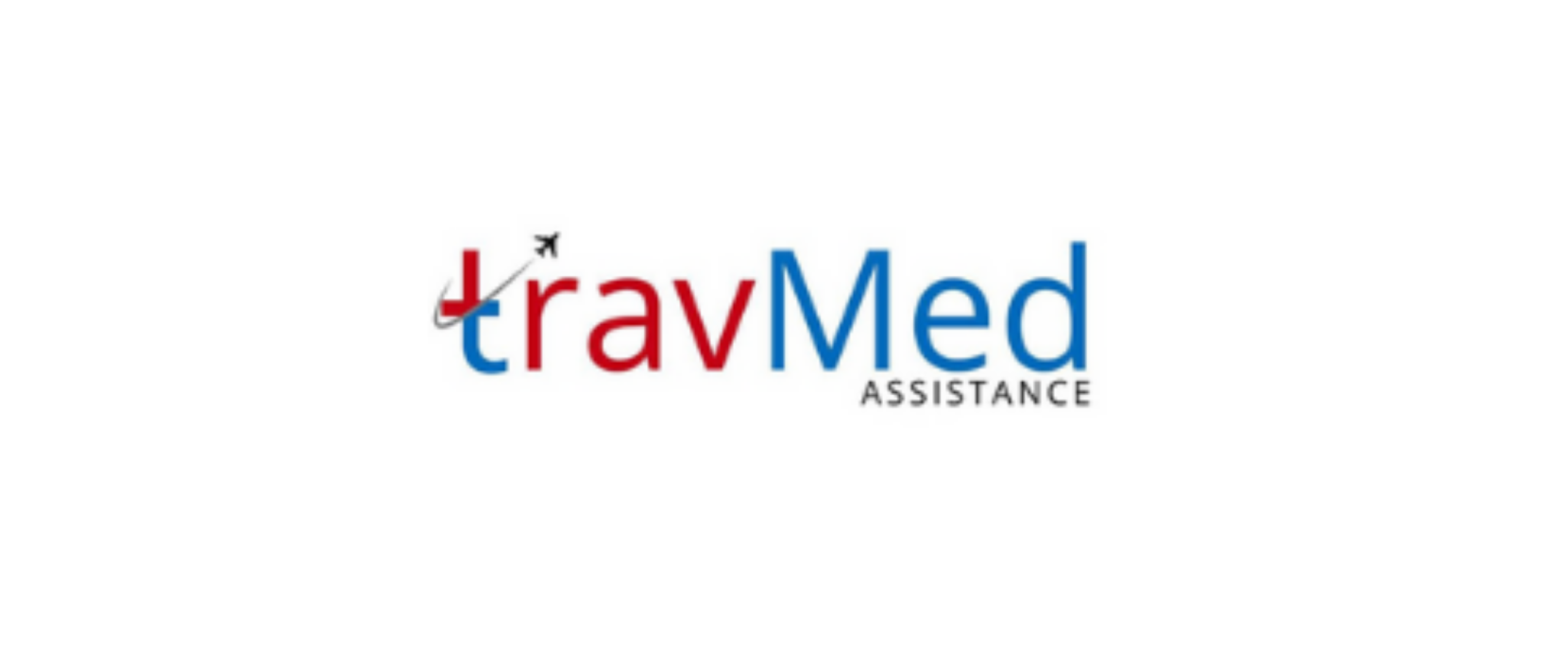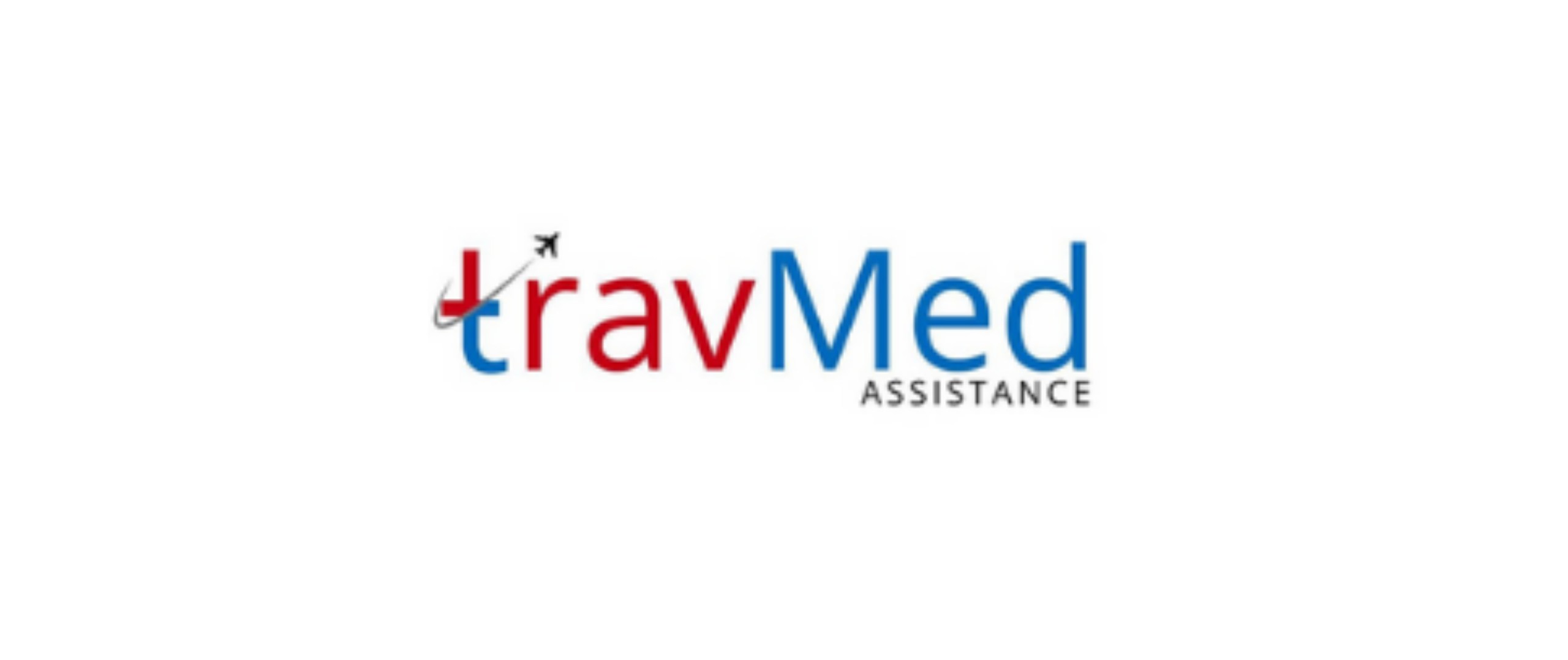
What is pet assistance in Nepal?
Pet assistance in Nepal encompasses a range of services designed to support pet owners and their animal companions. These services include pet transportation, veterinary care, boarding, grooming, and specialized support for pets with special needs. In Nepal, pet assistance has evolved to meet the growing demand from both local pet owners and international visitors traveling with their pets. The services aim to ensure the well-being, comfort, and safety of pets while their owners are traveling, working, or unable to provide full-time care. Pet assistance providers in Nepal often collaborate with veterinary clinics, animal welfare organizations, and travel agencies to offer comprehensive support for pets and their owners.
Who provides non-human support services?
In Nepal, non-human support services are provided by a diverse group of organizations and individuals. These include:
- Specialized pet care companies
- Veterinary clinics and hospitals
- Animal welfare organizations
- Pet boarding facilities
- Professional pet sitters and dog walkers
- Travel agencies with pet-friendly services
- Pet transportation companies
- Pet grooming salons
- Pet training centers
Many of these service providers are concentrated in urban areas like Kathmandu, Pokhara, and Chitwan, but some offer nationwide coverage. Some international pet relocation companies also operate in Nepal, partnering with local providers to ensure seamless service delivery.
How do pet assistance services work?
Pet assistance services in Nepal operate through a structured process designed to meet the specific needs of pets and their owners. The process typically involves:
- Initial consultation: Pet owners contact service providers to discuss their requirements.
- Assessment: Providers evaluate the pet’s needs, health status, and any special considerations.
- Service planning: A customized plan is developed, outlining the specific services to be provided.
- Scheduling: Appointments are set for services such as transportation, grooming, or veterinary care.
- Service delivery: Trained professionals carry out the agreed-upon services.
- Follow-up: Providers maintain communication with pet owners to ensure satisfaction and address any concerns.
For ongoing services like pet sitting or boarding, regular updates are often provided to pet owners. Many providers also offer emergency support and 24/7 contact options for urgent situations.
What is included in non-human support?
Non-human support services in Nepal encompass a wide range of offerings tailored to meet the diverse needs of pets and their owners. These services typically include:
- Pet transportation (local and international)
- Temporary boarding and kenneling
- Veterinary care and health check-ups
- Grooming and hygiene maintenance
- Pet sitting and dog walking
- Specialized care for pets with medical conditions
- Pet training and behavior modification
- Assistance with pet documentation and travel permits
- Emergency pet care and rescue services
- Pet food and supply delivery
- Pet relocation services for long-term moves
- Pet cremation and burial services
Some providers also offer additional services such as pet photography, pet-friendly accommodation recommendations, and pet insurance assistance. The scope of services can often be customized based on individual pet and owner requirements.
What documents are required for pet services?
The documents required for pet services in Nepal vary depending on the specific service and whether it involves domestic or international travel. Common documents include:
- Pet ownership certificate
- Vaccination records (including rabies vaccination)
- Health certificate from a licensed veterinarian
- Microchip identification (for international travel)
- Import/export permits (for international travel)
- Pet passport (for international travel)
- Spay/neuter certificate (if applicable)
- Breed certification (for certain breeds)
- Travel consent form (if the pet owner is not present)
- Pet insurance documents (if applicable)
For international pet travel, additional documents may be required based on the destination country’s regulations. These might include:
- CITES permit (for protected species)
- Quarantine reservation confirmation
- Blood titer test results
- Parasite treatment certificates
It’s advisable to consult with pet service providers or relevant authorities for the most up-to-date document requirements, as these can change over time.
How much do these services cost in Nepal?
The cost of pet assistance services in Nepal varies widely depending on the type of service, duration, and specific requirements. Here’s a general overview of price ranges for common services:
- Pet boarding: NPR 500-2000 per day
- Pet grooming: NPR 1000-5000 per session
- Veterinary check-up: NPR 500-2000
- Pet transportation (local): NPR 1000-5000
- Pet sitting: NPR 500-1500 per visit
- Dog walking: NPR 300-1000 per walk
- Pet training: NPR 5000-20000 for a course
- International pet relocation: NPR 50,000-200,000+
Factors affecting costs include the size and breed of the pet, the duration of service, any special care requirements, and the service provider’s reputation. Some providers offer package deals or discounts for long-term commitments. It’s recommended to obtain quotes from multiple providers and carefully review the services included in each package to ensure the best value for money.
Are services available for all pet types?
Pet assistance services in Nepal cater to a wide range of pet types, but availability can vary depending on the specific service and provider. Generally, services are most readily available for:
- Dogs
- Cats
- Small mammals (rabbits, guinea pigs, hamsters)
- Birds (parrots, budgies, canaries)
- Fish (for aquarium maintenance and relocation)
Some specialized providers also offer services for:
- Reptiles (snakes, lizards, turtles)
- Exotic pets (ferrets, sugar gliders)
- Farm animals (horses, goats, sheep)
However, services for less common pets may be limited and might require advance arrangements. It’s advisable to contact service providers directly to inquire about their capabilities for specific pet types. Some providers may need to make special accommodations or partner with specialists to cater to unique pet care needs.
How is pet safety ensured during transport?
Pet safety during transport is a top priority for pet assistance services in Nepal. Providers implement various measures to ensure the well-being of pets in transit:
- Health check-ups: Pets undergo pre-transport veterinary examinations.
- Appropriate carriers: Pets are placed in size-appropriate, well-ventilated carriers.
- Climate control: Vehicles are equipped with temperature regulation systems.
- Secure fastening: Carriers are securely fastened to prevent movement during transit.
- Regular breaks: For long journeys, stops are made for water, exercise, and bathroom breaks.
- Trained handlers: Staff are trained in pet handling and emergency procedures.
- GPS tracking: Some providers use GPS to monitor the pet’s location during transport.
- First-aid kits: Vehicles are equipped with pet first-aid supplies.
- Emergency contacts: Handlers have access to veterinary support if needed.
- Stress reduction: Familiar items like toys or blankets are placed in carriers to comfort pets.
Providers also adhere to international standards for pet transportation, especially for air travel, ensuring compliance with airline and IATA regulations.
What is the process for arranging pet support?
Arranging pet support in Nepal typically follows a structured process to ensure all needs are met:
- Research: Pet owners research available services and providers.
- Initial contact: Owners reach out to selected providers for information.
- Consultation: A detailed discussion about the pet’s needs and available services.
- Service selection: Owners choose the specific services required.
- Quote provision: Providers offer a detailed quote for the selected services.
- Booking: Once agreed, the service is booked and a deposit may be required.
- Documentation: Necessary documents are gathered and submitted.
- Preparation: Any required preparations (e.g., vaccinations) are completed.
- Service delivery: The agreed-upon services are provided.
- Follow-up: Providers check in with owners to ensure satisfaction.
For ongoing services, a care plan may be established, outlining regular service schedules and communication protocols. Many providers offer online booking systems and customer portals for convenient service management.
Are these services available nationwide?
Pet assistance services in Nepal are not uniformly available nationwide, with a concentration of providers in urban areas. The availability of services across the country can be summarized as follows:
- Major cities (Kathmandu, Pokhara, Biratnagar): Full range of services available
- Secondary cities (Bharatpur, Birgunj, Butwal): Limited services available
- Rural areas: Very limited or no specialized pet services
Some nationwide services include:
- Emergency veterinary hotlines
- Pet transportation for long-distance relocations
- Online consultations with pet care specialists
Efforts are being made to expand services to more remote areas, but challenges such as infrastructure limitations and low demand in rural regions persist. Pet owners in less-served areas may need to travel to larger cities for specialized services or rely on general veterinary clinics for basic pet care needs.
Can pets travel internationally with support?
Yes, pets can travel internationally from Nepal with proper support and preparation. International pet travel services typically include:
- Pre-travel health checks and vaccinations
- Microchipping for identification
- Obtaining necessary travel documents and permits
- Arranging suitable travel crates
- Booking pet-friendly flights or transport
- Coordinating with customs and quarantine facilities
- Providing in-transit care and support
- Arranging pick-up and settling services at the destination
Key considerations for international pet travel:
- Destination country requirements vary significantly
- Some countries have breed restrictions or quarantine periods
- Air travel may have seasonal restrictions for pets
- Advance planning (often 3-6 months) is usually necessary
Pet owners should work with experienced international pet relocation services to ensure compliance with all regulations and to minimize stress for their pets during long-distance travel.
How do I contact pet service providers?
Contacting pet service providers in Nepal can be done through various channels:
- Phone: Many providers offer dedicated customer service lines.
- Email: Most companies have contact forms or email addresses on their websites.
- Social media: Facebook and Instagram are popular platforms for pet service businesses.
- In-person: Some providers have physical offices or clinics for walk-in inquiries.
- Online booking platforms: Some services can be booked directly through websites.
- Mobile apps: A few providers offer apps for easy service booking and communication.
- Veterinary referrals: Local vets often have contacts for specialized pet services.
When contacting providers, be prepared to provide:
- Basic information about your pet (species, breed, age, size)
- The specific services you’re interested in
- Any special requirements or concerns
- Your preferred timeline for services
It’s advisable to contact multiple providers to compare services and prices. Many offer free consultations to discuss your pet’s needs in detail before committing to any services.


